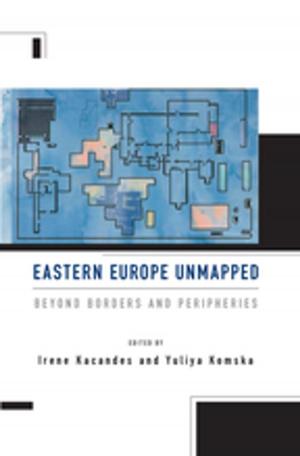Laborers and Enslaved Workers
Experiences in Common in the Making of Rio de Janeiro's Working Class, 1850-1920
Nonfiction, Social & Cultural Studies, Political Science, Politics, Labour & Industrial Relations, History, Americas, South America, Social Science, Discrimination & Race Relations| Author: | Marcelo Badaró Mattos | ISBN: | 9781785336300 |
| Publisher: | Berghahn Books | Publication: | September 1, 2017 |
| Imprint: | Berghahn Books | Language: | English |
| Author: | Marcelo Badaró Mattos |
| ISBN: | 9781785336300 |
| Publisher: | Berghahn Books |
| Publication: | September 1, 2017 |
| Imprint: | Berghahn Books |
| Language: | English |
From the middle of the nineteenth century until the 1888 abolition of slavery in Brazil, Rio de Janeiro was home to the largest urban population of enslaved workers anywhere in the Americas. It was also the site of an incipient working-class consciousness that expressed itself across seemingly distinct social categories. In this volume, Marcelo Badaró Mattos demonstrates that these two historical phenomena cannot be understood in isolation. Drawing on a wide range of historical sources, Badaró Mattos reveals the diverse labor arrangements and associative life of Rio’s working class, from which emerged the many strategies that workers both free and unfree pursued in their struggles against oppression.
From the middle of the nineteenth century until the 1888 abolition of slavery in Brazil, Rio de Janeiro was home to the largest urban population of enslaved workers anywhere in the Americas. It was also the site of an incipient working-class consciousness that expressed itself across seemingly distinct social categories. In this volume, Marcelo Badaró Mattos demonstrates that these two historical phenomena cannot be understood in isolation. Drawing on a wide range of historical sources, Badaró Mattos reveals the diverse labor arrangements and associative life of Rio’s working class, from which emerged the many strategies that workers both free and unfree pursued in their struggles against oppression.















